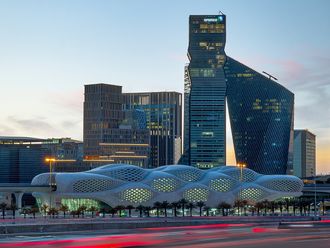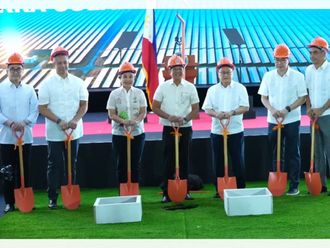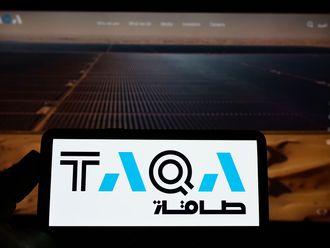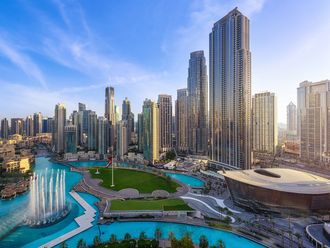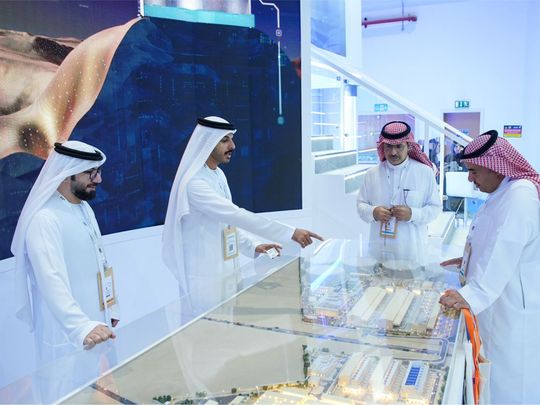
Abu Dhabi: Climate change, sustainability practices and corporate responsibility still tops the agenda, feeding off the gains from last year’s COP28 event in Dubai.
“Projects that revolutionize how we produce and manage our facilities must be complemented by strategies to help provide customers with the knowledge and tools they need to make more sustainable choices,” said Yousif Al Ali, CEO of Etihad WE.
“Second, we need to continue COP28's legacy of collaborative spirit and leverage the benefits of cross-border synergies. We can increase regional stability and drive economic growth by sharing resources and knowledge between countries.”
This was in evidence at the recent World Future Energy Summit in Abu Dhabi.
“During the summit, we saw organizations using new technologies and innovations to move the UAE and the world towards a more sustainable future,” said Ali. “But going forward, companies must pair this practical work with efforts to drive social change, fostering a cultural shift that sees the world's natural assets as precious resources to be valued and managed.”
AI shows up
AI-enabled tech, data analytics, and robotics hold out great promise for easing the energy industry’s transition to a more sustainable future. They offer opportunities for better tracking and automation, helping to reduce energy waste and improve efficiencies.
“AI plays a big part in our drive to help customers responsibly manage their energy consumption,” said Ali. “We also use data tracking to detect issues in our water networks. Importantly, data enables a more reliable forecasting.”
About the challenges, Ali said “During the World Future Energy Summit, I spoke on a panel about the increasing importance of low-carbon, long-distance energy transmission. Last year, for example, India and Saudi Arabia agreed to link their power grids through a subsea cable to reduce reliance on renewable energy storage solutions and bolster energy security.
“The International Solar Alliance has also suggested there is potential for countries to capitalise on differing time zones to achieve continuous renewable energy production.
“Domestically, collaboration is key to fostering meaningful partnerships: pulling in the expertise of academia, driving innovation through projects with other organisations. And working with the government to support progress towards a more sustainable energy sector.“


